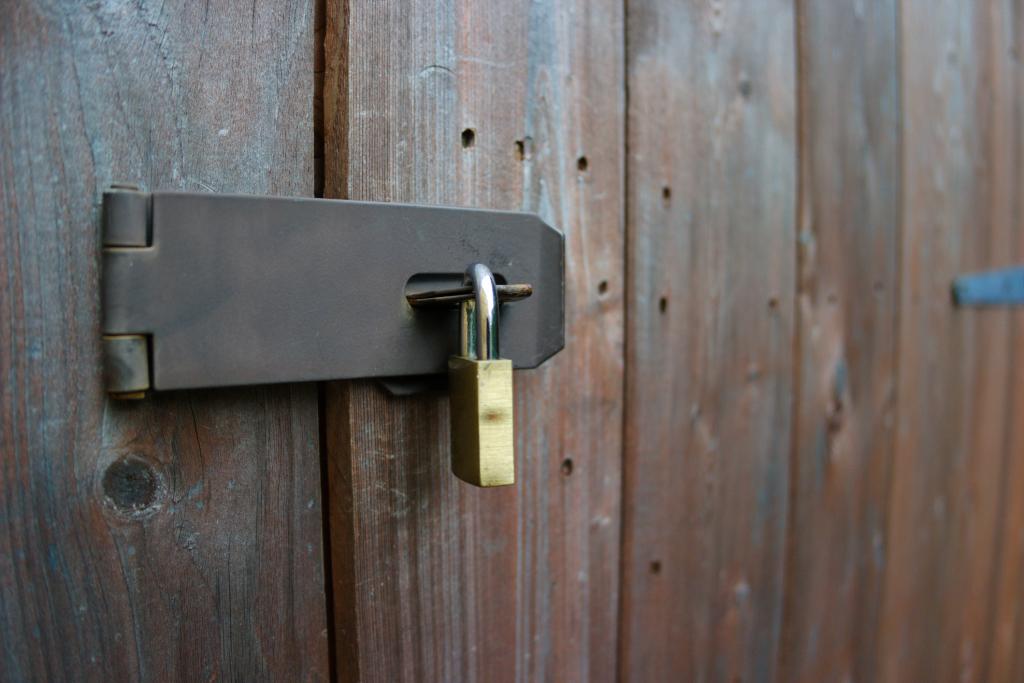
Home rights essentially give protection to a husband or wife where the family home is owned by the other spouse in their sole name. This means that the non-owning spouse is entitled to register home rights against the property to protect their right to occupy. Once registered, the protection will be shown in the charges register on the property’s title deed
What protection do home rights give you?
- A right not to be evicted or excluded from the property by your spouse, except by a court order.
- A right, if not in occupation, to enter and occupy the property.
- A right to be given notice of any re-mortgage or sale of the property, therefore protecting your interest in the property. The registered home rights does not prevent the legal owner from selling the property, but your spouse will not be able to do so free of the home rights or without your knowledge or written consent to the removal of the right.
Are you eligible to register it?
- You can apply to register home rights if you are married or in a civil partnership and you do not yet have a final divorce order.
- Home rights only apply to property that has been occupied as the family home and can only be in respect of one property at a time. It does not matter if you have moved out of the property as long as it used to be your family home.
How do I register home rights?
The procedure for registering the protection will depend on whether the title to the property is registered or unregistered.
- Where the property is registered, then an application is made to the Land Registry using a Form HR1. It is free of charge and can be made online or by post (although we find that method is slower).
- Where the property is unregistered, then an application should be made using a Form K2 for the registration of a Class F land charge at the Land Charges Department. There is a £1 charge and the application is made by post.
When will it end?
It will end on the first to occur of:
- The death of either spouse
- The pronouncement of the final divorce order (formerly the decree absolute).
So the property owner can apply to remove the Home Rights from the Land Registry title as soon as one of those events has occurred.
An application can also be made for removal by the spouse who registered the protection – normally this is done as part of a financial settlement contemporaneously with receiving any lump sum/property due to them under the court order.
Home rights are especially important during a divorce as they protect the spouse who does not have a legal interest in the family home. It is vital to register these rights against the property as soon as possible after deciding to separate, to ensure they are visible to the world and can be enforced if necessary.
If you have any further issues regarding home rights please feel free to contact our Family Team.
